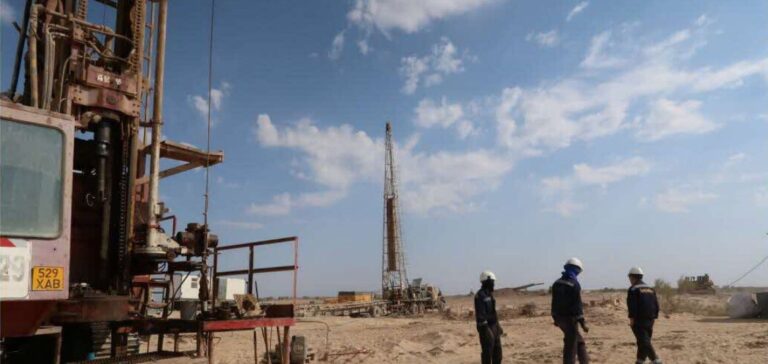The Inkai deposit, located in the Suzak district of the Turkestan region, contains uranium resources estimated at 83,100 tU. This project, essential to Kazatomprom’s sustainable development strategy, marks a significant milestone for the company. Meirzhan Yussupov, CEO of KazatompromThe launch of pilot production at Inkai 3 will contribute to the social and economic development of the Turkestan region. He added that strengthening the mineral resource base will consolidate Kazatomprom’s position as a leader in the uranium industry and meet the growing demand for clean energy.
Transfer of contract to Kazatomprom-SaUran LLP
Kazatomprom plans to transfer the Inkai 3 underground use contract to its wholly-owned subsidiary, Kazatomprom-SaUran LLP. This subsidiary already operates uranium deposits in the Turkestan region, including Kanzhugan, South Moyynkum, Central Moyynkum, Uvanas and Mynkuduk. In 2023, the company completed a major investment project to modernize its 1,600-ton-per-year uranium refinery in Turkestan. This development is part of a broader strategy to boost production capacity and modernize existing infrastructures.
Production and extraction methods: focus on in-situ leach
All uranium production in Kazakhstan uses the in-situ leach (ISL) extraction method. The Inkai LLP JV, a joint venture between the Canadian company Cameco (40%) and Kazatomprom (60%), extracts uranium from the Inkai 1 deposit. This mining model, known for its low environmental footprint, will also be applied to Inkai 3, guaranteeing sustainable and efficient resource exploitation.
Future projects and production development
Last June, Kazatomprom announced its intention to start production from the new deposit, stating that it was negotiating mining rights based on project documents valid for 25 years, covering the pilot production phase. The company plans to build operational assets with an annual capacity of 4,000 tU. This initiative aims not only to increase domestic uranium production, but also to support global efforts for a stable, clean energy supply. The extension of uranium production capacity at Inkai 3 is a direct response to the growing global demand for nuclear energy and raw materials for new-generation reactors. By consolidating its operations and increasing production, Kazatomprom is strengthening its position in the global uranium market.





















